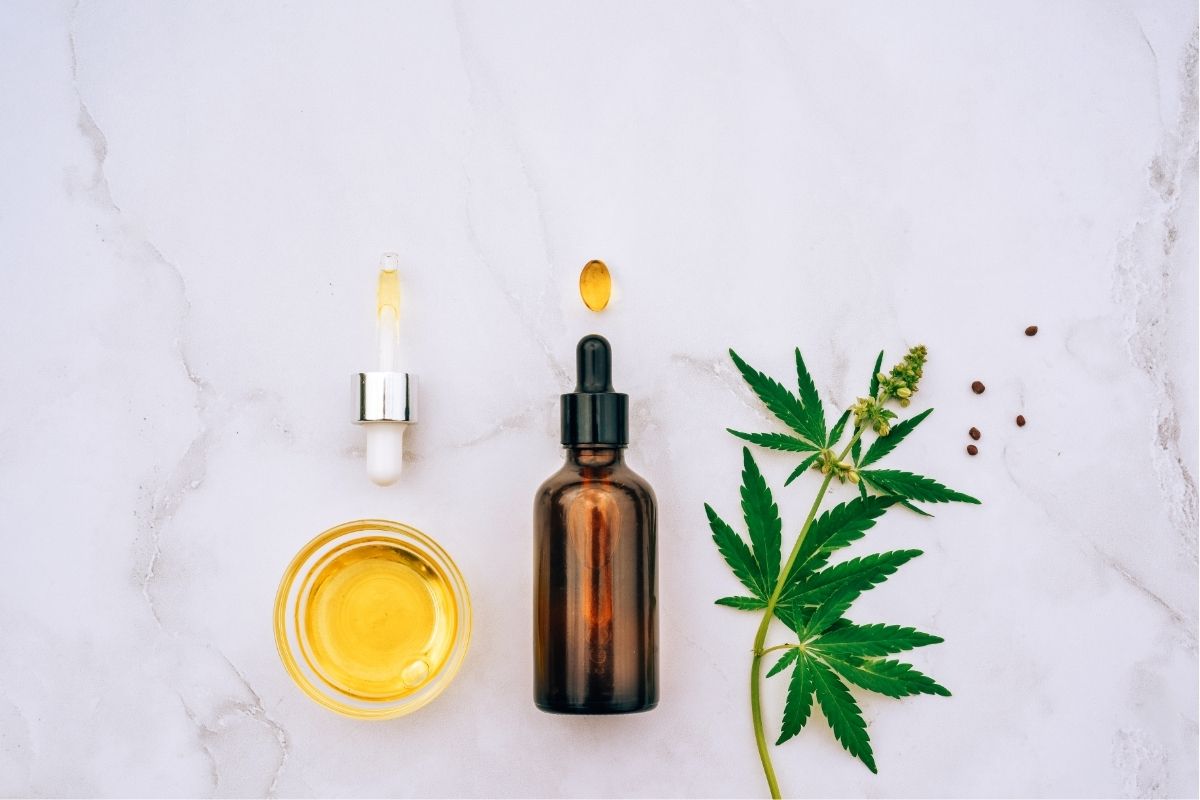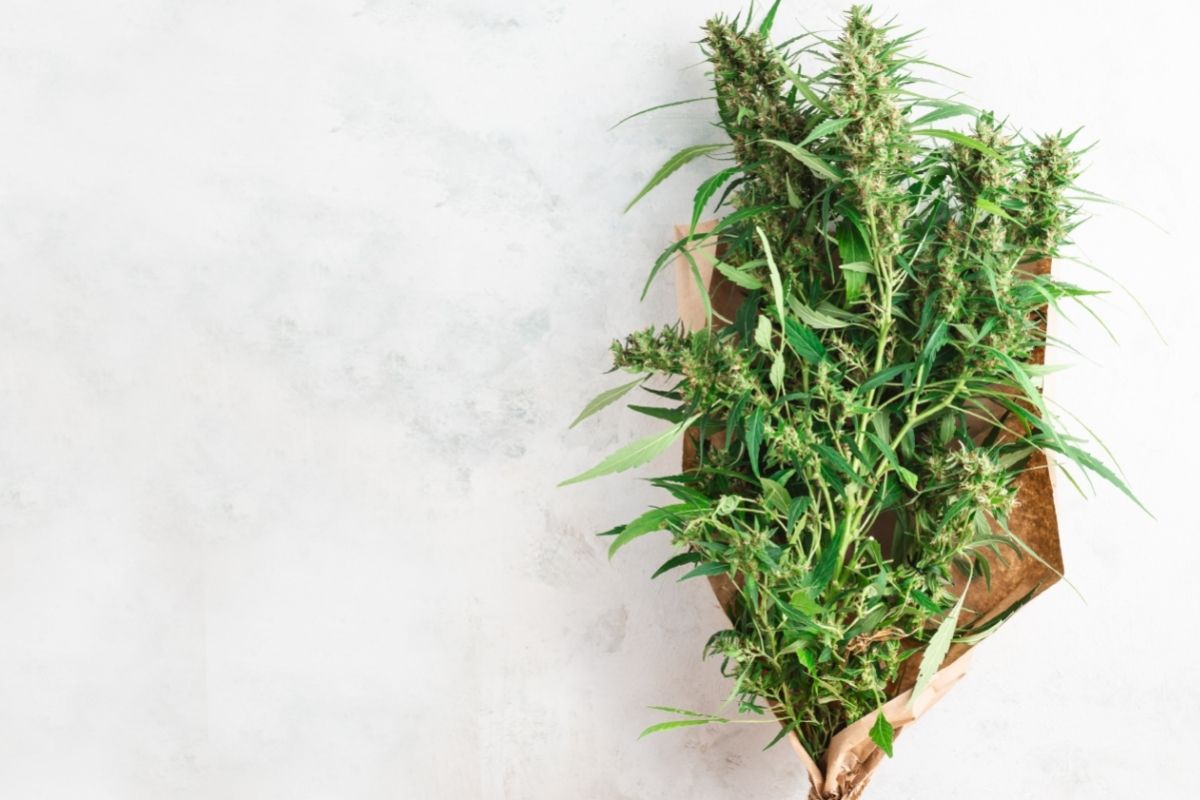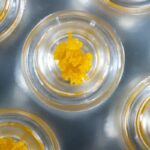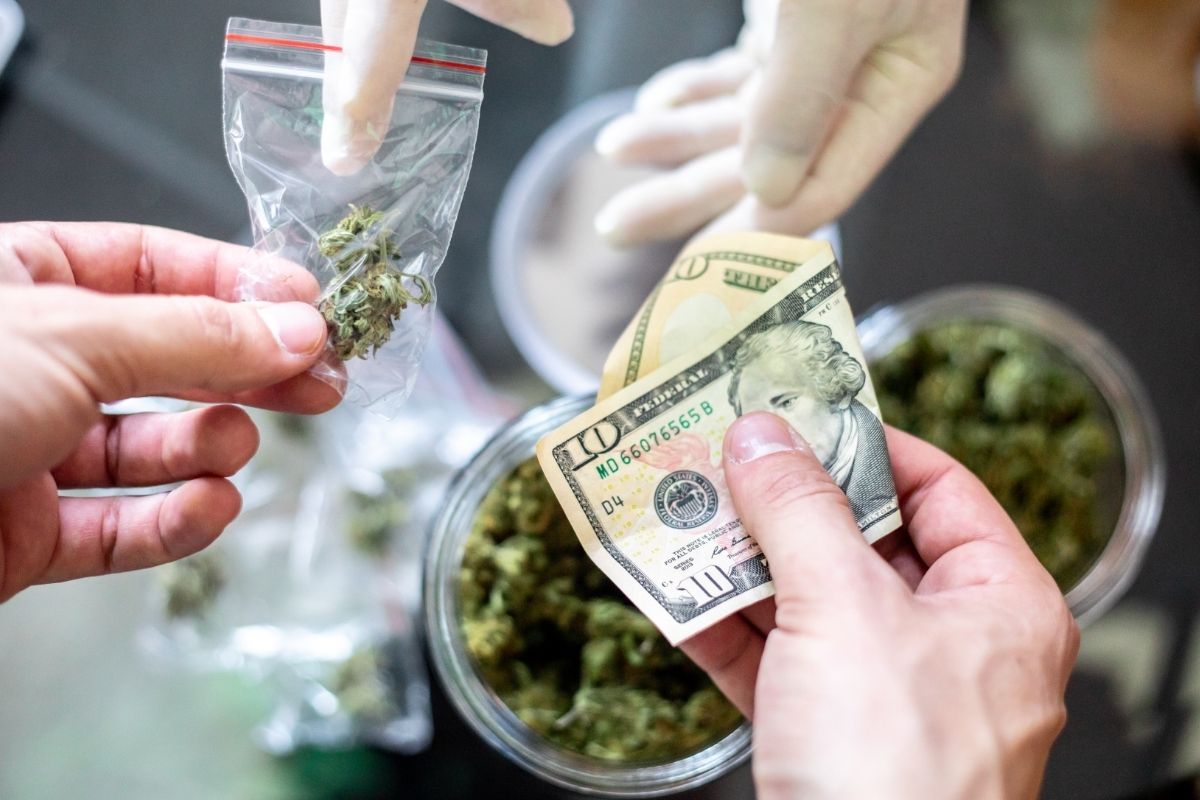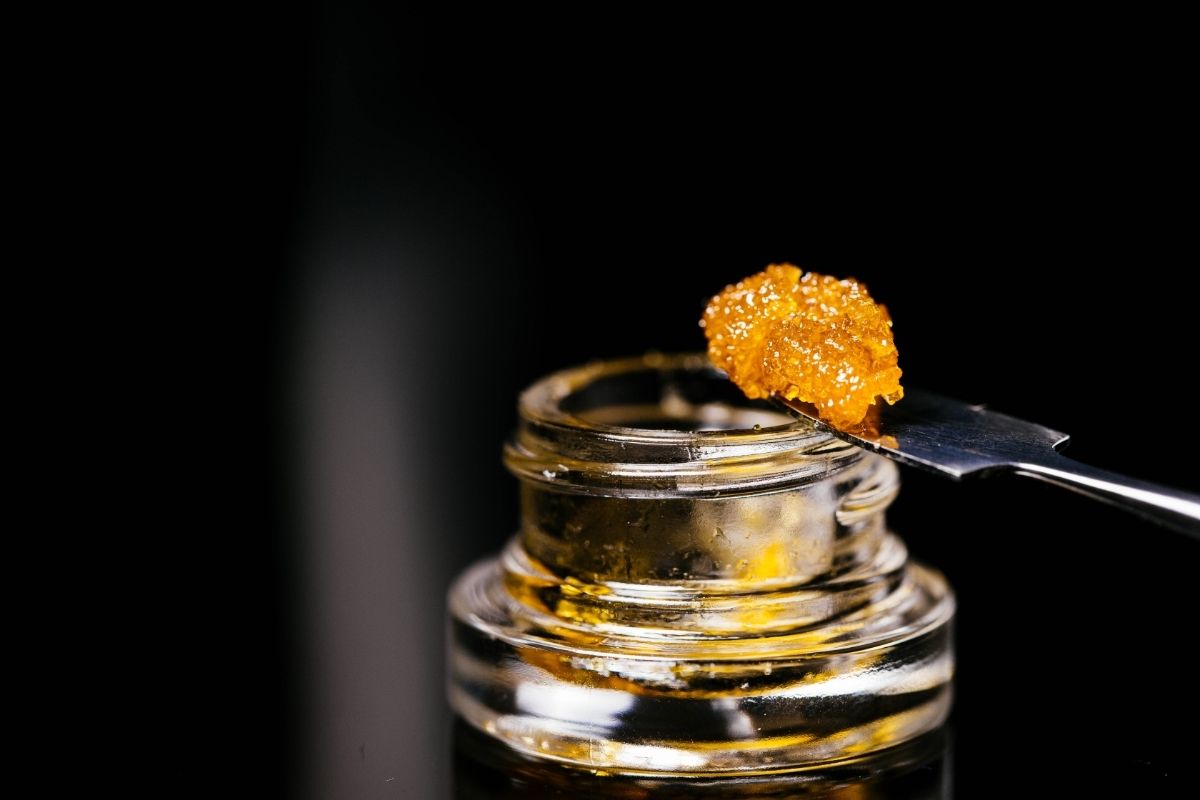Delta-8 THC has been a hot topic for a while now with questions surrounding its legal status, side effects, and differences in regard to other CBD products. Ongoing research plays a big part in these factors, in addition to the legality of Delta 8 across states.
But whether you use cannabis or plan to, knowing what Delta 8 THC is—along with its benefits, side effects, and differences from other cannabinoids—is worth understanding in either case.
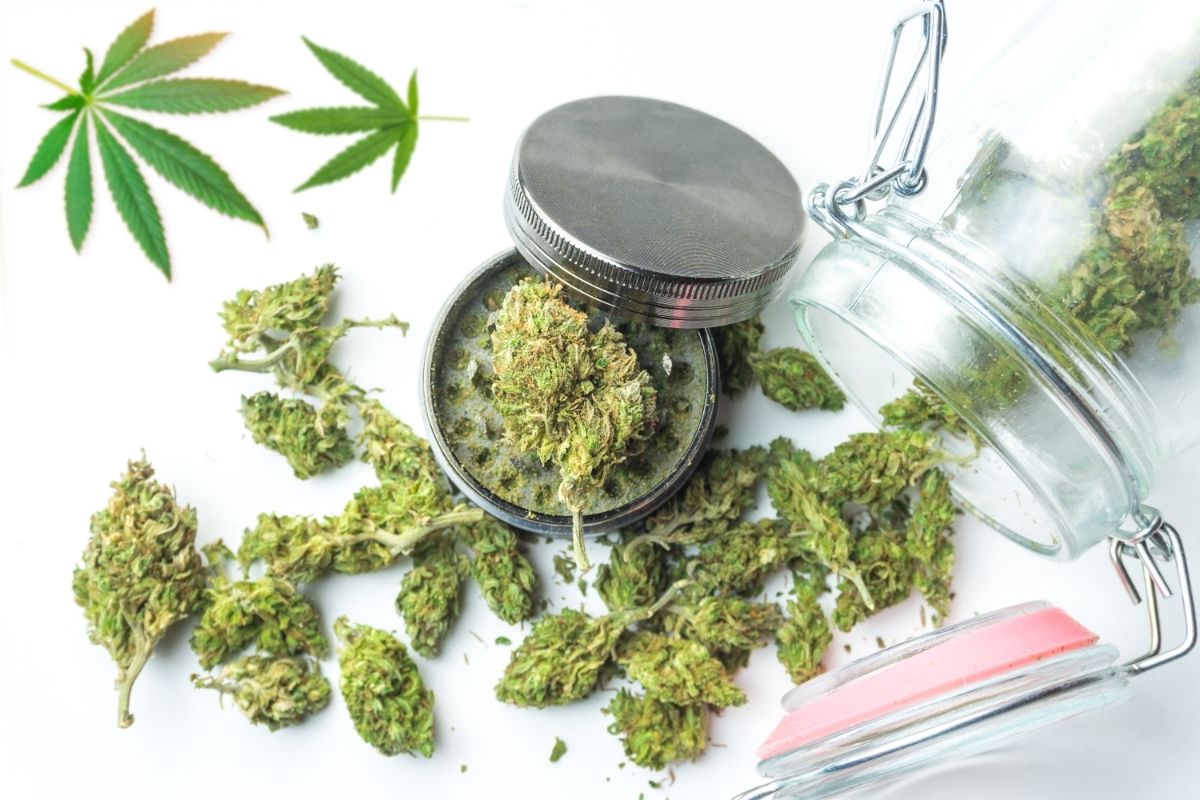
This short and simple guide has everything you should know about Delta-8.
Below, find out what Delta-8 THC is exactly, the benefits and side effects of Delta-8 THC, its legal status and, lastly, whether you should use it and what Delta-8 THC alternatives are worth considering.
What Is Delta 8 THC?
Delta 8 tetrahydrocannabinol, better known as Delta 8 THC, is a cannabinoid found in cannabis plants.
There are between 80 and 100 cannabinoids produced by cannabis plants (as per modern research), with the two main cannabinoids being Delta 9 THC and cannabidiol, called CBD for short.
Delta 8 THC is therefore one of many cannabinoids – similar to Delta 9, in fact, with its own chemical properties, purposes, benefits, side effects, and so on. As a result, Delta 8 THC is also largely different from CBD.
Cannabis products can be produced with a higher or lower content of either main cannabinoid (THC or CBD), giving the final product different benefits and side effects.
Due to this, it’s not just important to know about the different cannabis strains, but the differences between THC and CBD.
THC VS CBD
Tetrahydrocannabinol (THC) and cannabidiol (CBD) are both found in cannabis and hemp plants.
Despite that, cannabis contains more THC while hemp contains more CBD. Both of these terms are widely used, but always widely understood.
The main difference between THC and CBD is that THC produces more of a high, which, needless to say, has been an ongoing subject of debate. CBD, on the other hand, is more associated with producing feelings of well-being (as opposed to simply feeling high).
Despite the main difference between the two, both THC and CBD have the same chemical makeup that, when consumed, affects neurotransmitters to reduce pain and improve mood.
The benefits and side effects, however, are where the two main types of cannabinoids differ overall.
THC can produce negative side effects that include concentration problems, dizziness, drowsiness, vomiting, loss of balance, and memory loss, while CBD can cause nausea, upset stomach (including diarrhea), fatigue, lightheadedness, drowsiness, irritability, and low blood pressure.
The Benefits Of Delta 8 THC
Before we go into the side effects of using Delta-8 THC, let’s take a look at the main benefits that Delta-8 offers.
Being similar to Delta-9, the “main”, most well-known THC cannabinoid, Delta-8 offers the central benefit of inducing euphoria, laughter, and relaxation – all the aspects of feeling high, in general.
Because of this, Delta-8 THC can offer temporary therapeutic pain relief, as well as temporary relief from depression and anxiety (although conclusive research on this remains undecided).
Delta-8 THC, being an isomer of Delta-9, also means that it produces a high that is less intense than Delta-9 THC overall.
So, for those who do not particularly want to experience a generally long or prominent high state, Delta-8 THC offers the benefit of being less potent.
The Side Effects Of Delta 8 THC
Needless to say, Delta-8 THC has its side effects. And whether the benefits of Delta-8 outweigh the side effects remains an open discussion with research still ongoing, as with most cannabinoids which has been the reason for both its uncertain reputation and legal status.
Summarized, the Negative Side Effects of Delta 8 THC can include
- Slow reaction times
- Trouble with coordination
- Heart palpitations
- Anxiety
- Dry mouth
- Red eyes
- Fatigue and tiredness
Due to its similarity with Delta-9 THC, Delta 8 can also cause general THC side effects such as concentration problems, dizziness, drowsiness, vomiting, nausea, loss of balance, and memory loss.
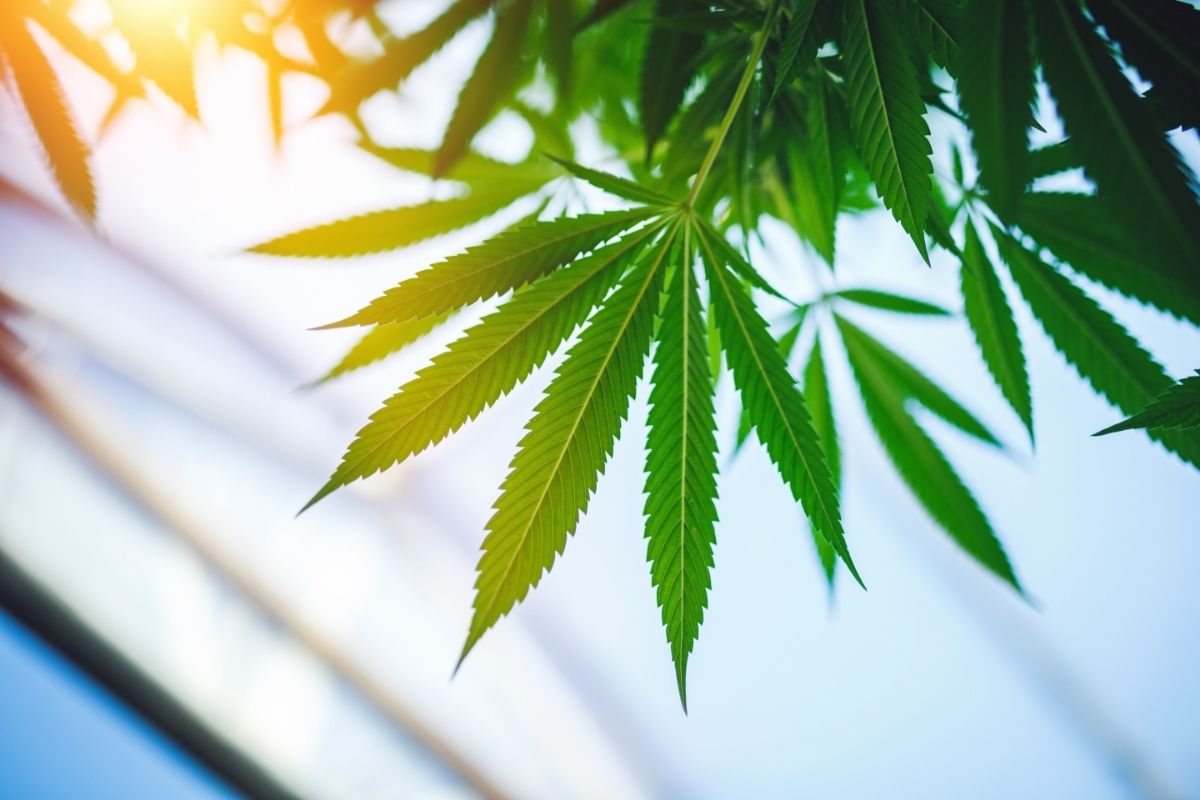
Is Delta 8 THC Legal?
Delta 8 THC, when extracted from hemp and not cannabis, is federally legal in all states where cannabis/marijuana use is legalized. When extracted from cannabis, however, the legality of Delta 8 THC is more complicated.
As mentioned above, cannabis and hemp offer different levels of THC and CBD, and the 2018 Farm Bill acknowledges the two main cannabinoid types in different regards. For cannabis THC, in particular, legality comes down to state laws.
While Delta 8 THC is listed on the DEA’s most recent list of controlled substances, it makes a clear note that it refers to THC in hemp – not cannabis.
On the whole, Delta-8 THC and Delta-9 THC are not legal under federal law, unless extracted from hemp with an overall content lower than 0.3 percent. Delta-8 THC and Delta-9 THC products are fully legal in some states, however, under state law.
Should I Use Delta 8 THC?
Whether you should use Delta 8 THC products boils down to legality and desired purpose.
THC, in general, provides a greater high than CBD products and this, in addition to a more prominent high, can offer therapeutic benefits such as temporary relief from physical pain and/or mental conditions such as depression and anxiety.
Still, it’s only recommended to use Delta-8 THC and any THC products on the whole if used legally. This would require checking both the product itself and the necessary state laws.
It’s also worth taking into account that, while Delta 8 THC can provide a therapeutic high that is less intense than Delta 9, the high state it provides is not for everyone.
For those who prefer a less pronounced high or no high at all while experiencing the benefits of cannabis, CBD products are most likely the better alternative over THC products.
Conclusion
The side effects of Delta 8 THC, as a THC overall, can include concentration problems, coordination problems and loss of balance, tiredness and physical fatigue, dry and/or red eyes, nausea, dizziness, heart palpitations, lightheadedness, drowsiness, and low blood pressure.
Despite providing a more prominent high than CBD to reduce depression and anxiety, Delta 8 THC may also lead to increased anxiety in some cases.
If the side effects of Delta 8 are a concern, it’s possible to opt for THC products extracted from hemp or CBD products in general, which can benefit mood without providing a noticeable high.
- Quotes From The ‘Reefer Madness’ Period That Show How Far We Have Come - May 17, 2022
- 10 Tips On How To NOT Smell Like Weed - May 17, 2022
- Tropical Punch Strain Review: Everything You Need To Know - May 17, 2022

